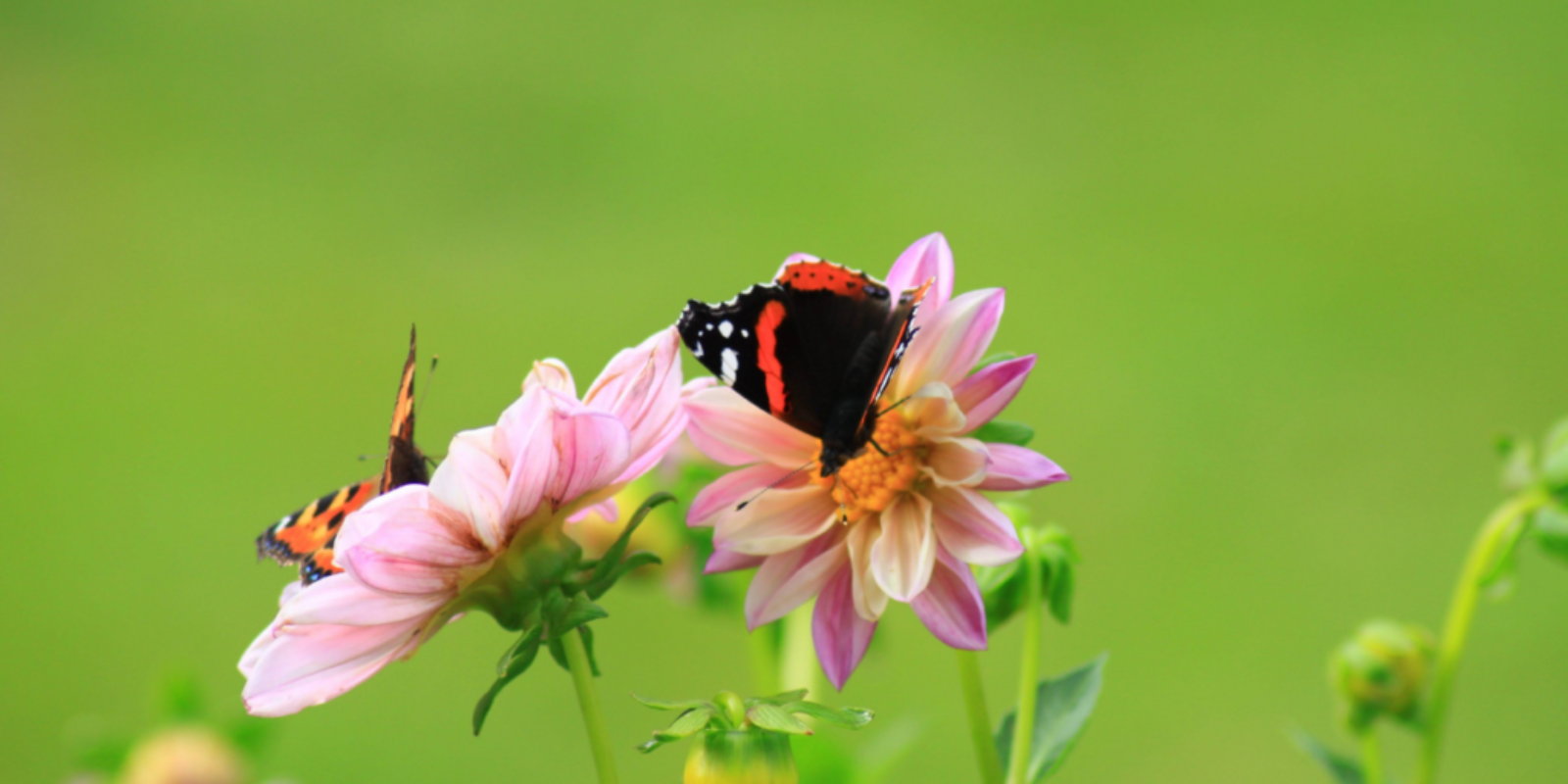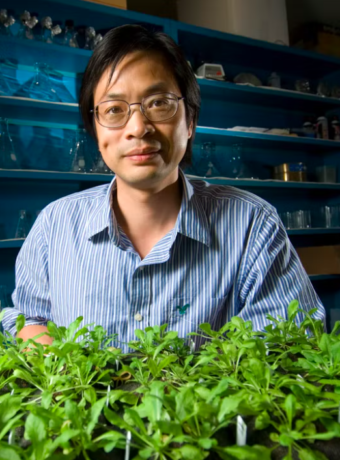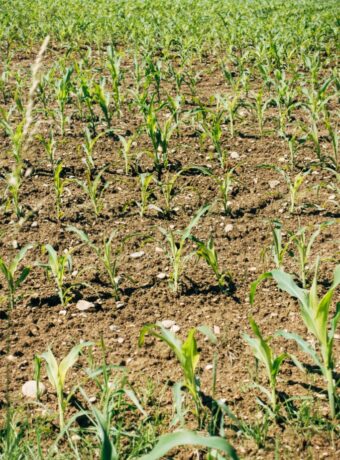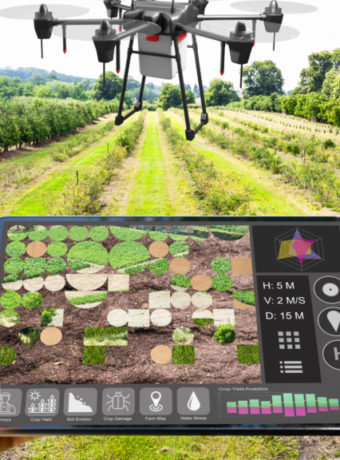As the world faces the growing impacts of climate change, it is more important than ever to understand how biodiversity plays a role in the global food system. Climate change is already having a devastating impact on plant and animal species, and this is likely to continue in the future. If we want to ensure a sustainable food future, it is essential that we take steps to protect biodiversity and promote sustainable farming practices.

The importance of biodiversity for the global food system
Biodiversity is the sum of all plant, animal and microorganism species on Earth, as well as the variety within each species. It provides humans with essential ecosystem services, such as pollination, soil formation and pest control. The food we eat comes from just a tiny fraction of the world’s biodiversity – just 3 cereal crops (rice, wheat and maize) provide 60% of our calories. This narrow reliance makes our food system vulnerable to shocks, such as disease or climate change. For example, the 2008 global financial crisis was caused in part by a sudden increase in the price of wheat due to bad weather conditions in Australia. A more diverse food system – one that includes a wider range of crops and animals – would be more resilient to such shocks. Biodiversity also helps to ensure that our diets are nutritious and varied. A diet rich in fruits, vegetables, meat and fish provides all the essential nutrients our bodies need to stay healthy. And while it’s possible to get these nutrients from supplements, research has shown that it’s better for our health to get them from food.

How climate change is impacting biodiversity and the global food system
Climate change is one of the most significant challenges of our time, and its impact is already being felt around the world. One of the most important ways that climate change is affecting us is through its impact on biodiversity and the global food system. As temperatures rise and weather patterns become more extreme, many plant and animal species are struggling to adapt. This loss of biodiversity has serious consequences for the food system, as a changing climate can disrupt vital pollination processes, damage crops, and lead to soil erosion. The UN estimates that by 2050, climate change could cause up to a 50% decline in crop yields. This would have a devastating impact on the global food supply, leading to higher prices and increased hunger.
The loss of biodiversity is a global problem with far-reaching implications for the food system. As wild species disappear, so too does the genetic diversity that is so essential for the health of plants and animals. This loss of diversity makes it more difficult for farmers to adapt to changing conditions, and it increases the risk of crop failures and livestock diseases. In addition, the loss of biodiversity also threatens the many ecosystem services that are so important for food production, such as pollination and soil fertility. The bottom line is that biodiversity is essential for the global food system, and its loss is a serious threat to the security of our food supply. As we work to build a more sustainable future, it is critical that we conserve and restore biodiversity throughout the world.

What we can do to protect biodiversity and ensure a sustainable food future
The array of life on Earth, known as biodiversity, is under threat as a result of human activity. The growing demand for food and land is putting pressure on ecosystems, leading to habitat loss and the depletion of natural resources. This in turn is jeopardizing the future of our food supply. To protect biodiversity and ensure a sustainable food future, we need to adopt a more holistic approach to agriculture. This means producing food in a way that safeguards the environment and promotes the health and well-being of both people and animals. One way to do this is to support small-scale farmers who employ traditional farming practices that are less harmful to the land. Another is to promote organic agriculture, which avoids the use of synthetic fertilizers and pesticides. By taking steps to protect biodiversity, we can create a more sustainable food future for generations to come.
As the world population continues to grow, it is more important than ever to ensure that the global food system is sustainable. Biodiversity helps to protect against crop failures, as well as provide a source of new genetic material that can be used to develop disease-resistant varieties. Additionally, biodiverse ecosystems are more efficient at cycling nutrients and providing other ecosystem services, which are essential for supporting agricultural production.



